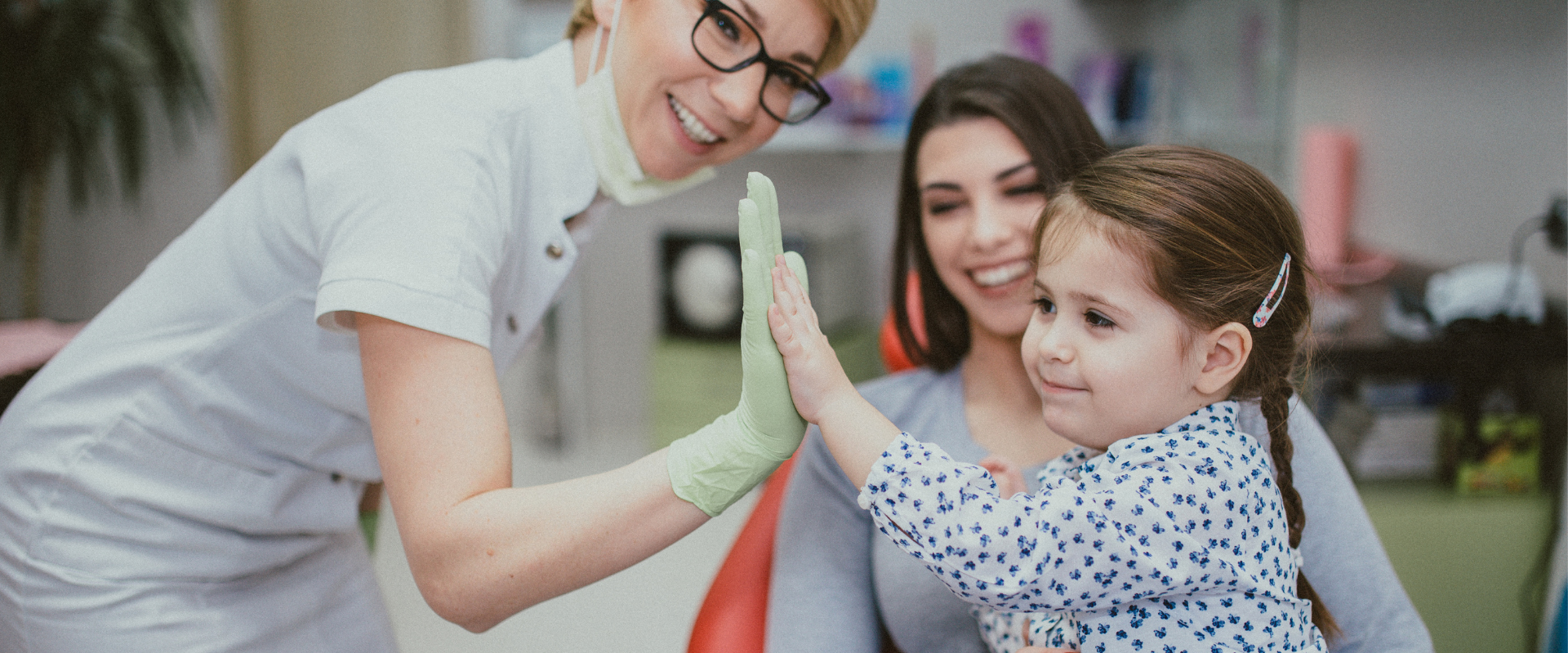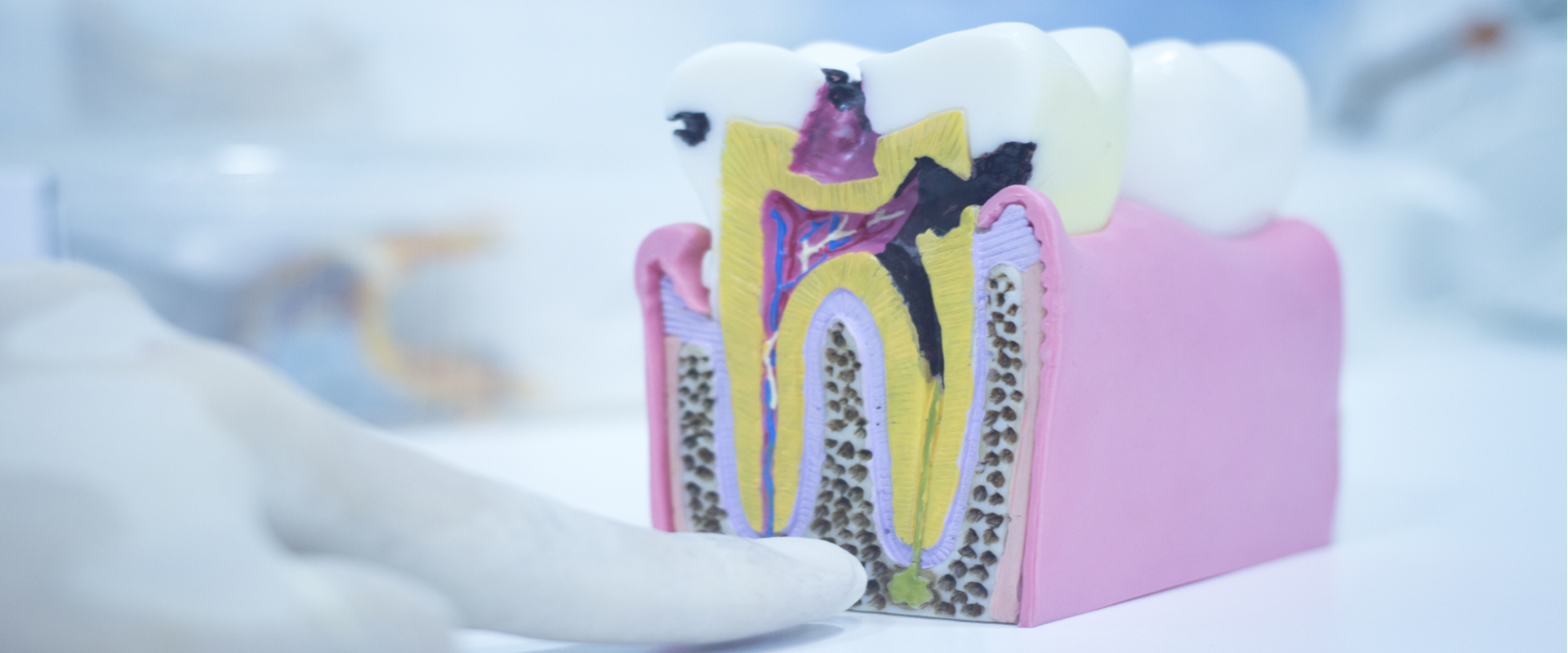Every parent knows that taking your kids to the doctor or dentist can be challenging. From temper tantrums to general anxiety about strangers, the battle never ends. Plus, no child wants someone poking around in their mouth. At the same time, 40% of children in America suffer from preventable tooth decay. With this February recognized as Child Dentistry Health Month, so there’s no better time to establish good teeth cleaning habits for your children no matter what age.
What age should I take my child to the dentist?
The American Academy of Pediatric Dentistry recommends that your child visit the dentist by age one, or within six months of their first tooth erupting. Primary teeth start growing at around six months, so take this into account when setting up your child’s first appointment.
What happens at your child’s first dentist appointment?
A dental visit doesn’t have to be scary. Younger children may not understand that the stranger in front of them is here to help them. Make it fun. Bring their special toys or favorite (non-sugary) snacks on the car ride, and keep an upbeat attitude about the appointment to come. Pediatric dentists tend to have their own routines for more difficult patients, so try not to let any of your own personal stresses reflect on your child.
How do dentists clean baby teeth?
Making sure that your child is safe, happy, and healthy is the goal of any medical professional. Your child’s dentist will use a soft bristled brush and a fluoride-based toothpaste in order to clean any emergent teeth. As well as this, a professional examination will ensure that your child’s teeth are coming in at a normal and healthy pace.
Preventing tooth decay in toddlers
It goes without saying that preventing tooth decay for younger children should be the top priority of any parent. Luckily, most of these steps are easy to follow:
- Refrain from giving your child sugary drinks in bottle feeding situations
- Prevent access to juices, candy, and other sugary foods
- Look for any redness, swelling, or bleeding
Outside of proper care at home, regular dental appointments during your child’s formative years will be the biggest influence on their long-term oral hygiene. Gum disease (gingivitis) is extremely common in teenagers, with most not having formed good habits by their independent years. As the singular most preventable dental disease, gingivitis is something every parent should watch out for regardless of their children’s age.
Should a 5 year old get cavities filled?
Younger children with cavities typically need a more stringent oral health care plan, and this may mean more frequent dental visits. While it is tempting to try and give your toddler some responsibility for their teeth, it is always more important to ensure that you’re not only asking for good habits, but enforcing them. The older your children get, the more likely it is that they will fail to commit to ideal oral hygiene habits unless its importance has been well established in their formative years. By understanding and implementing these habits early, you’ll be able to see that healthy, happy smile in your children for years to come.







0 Comments